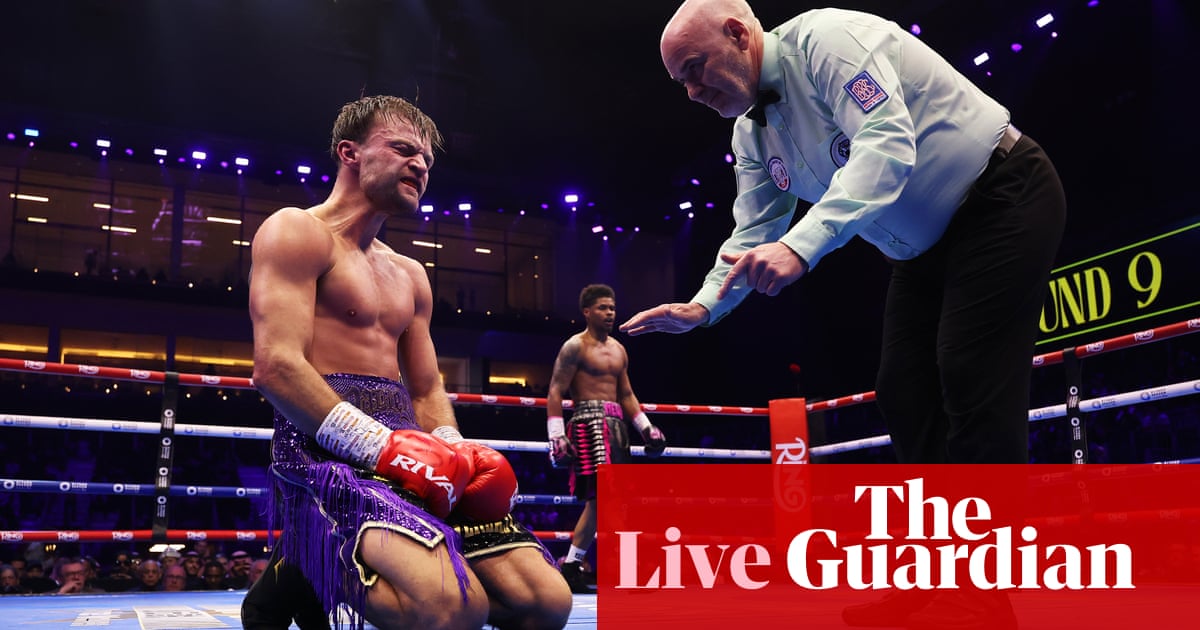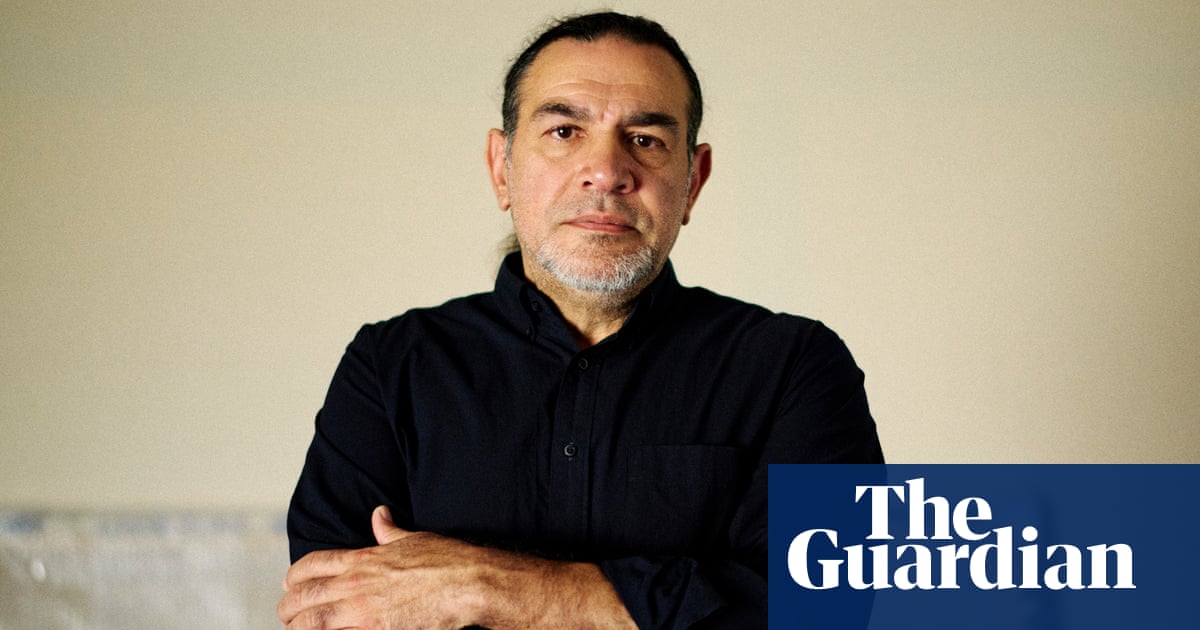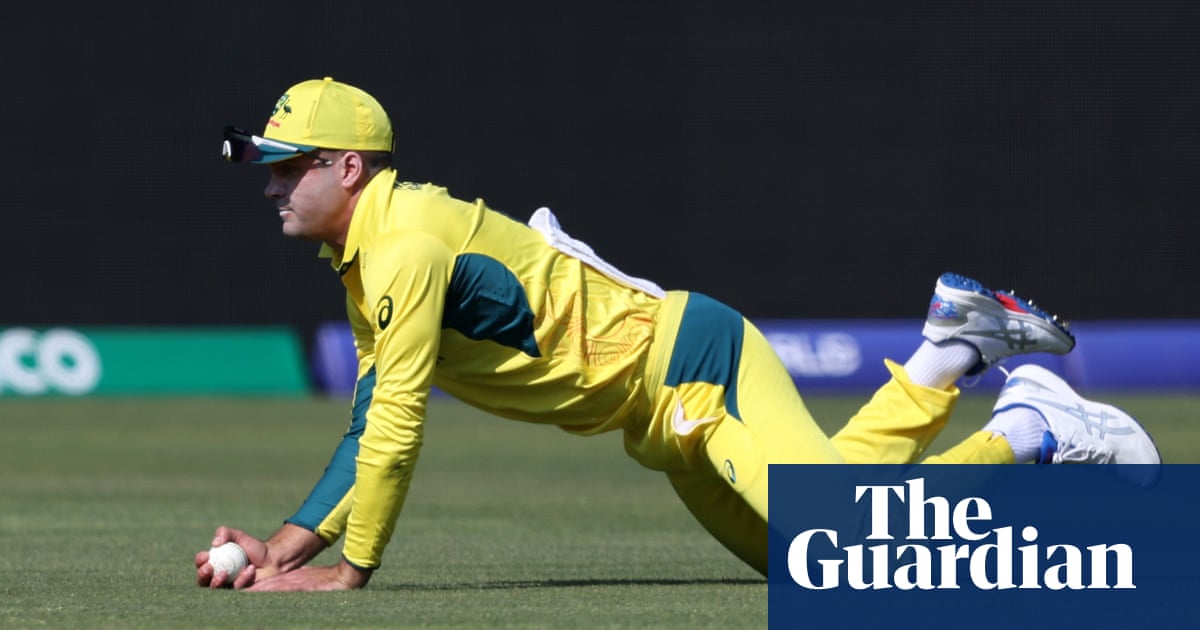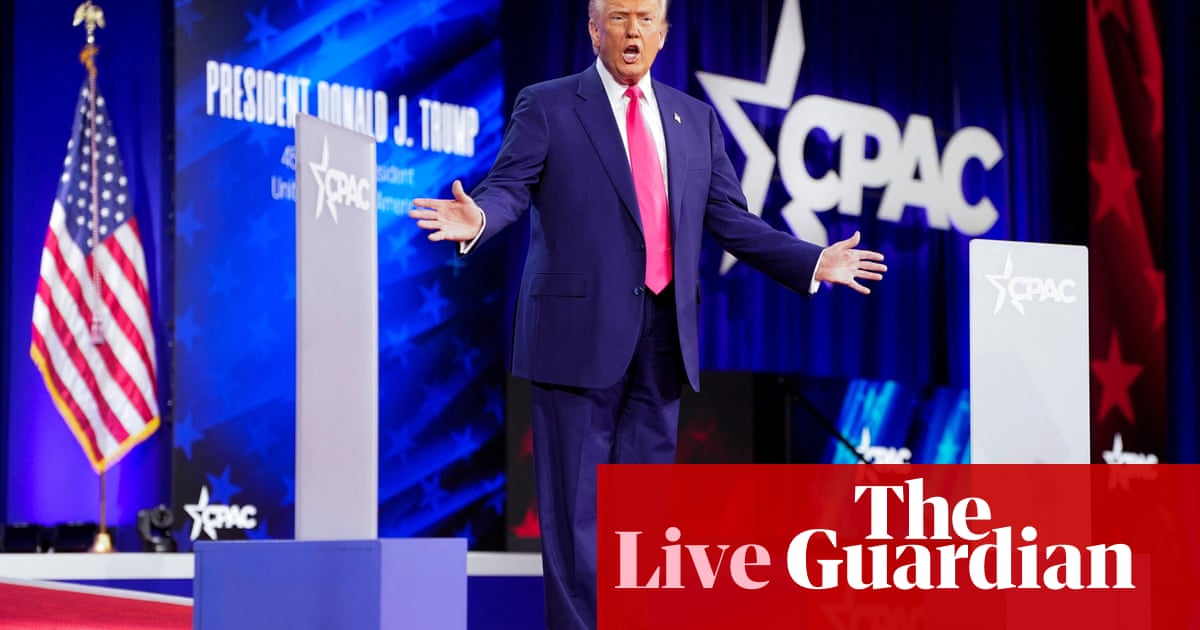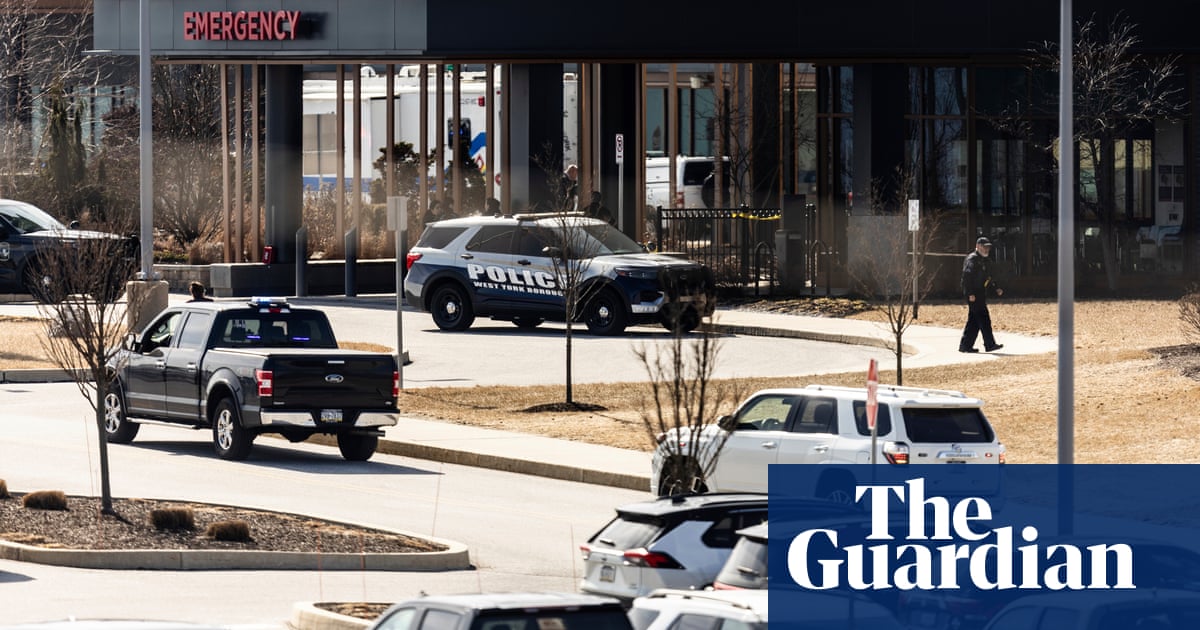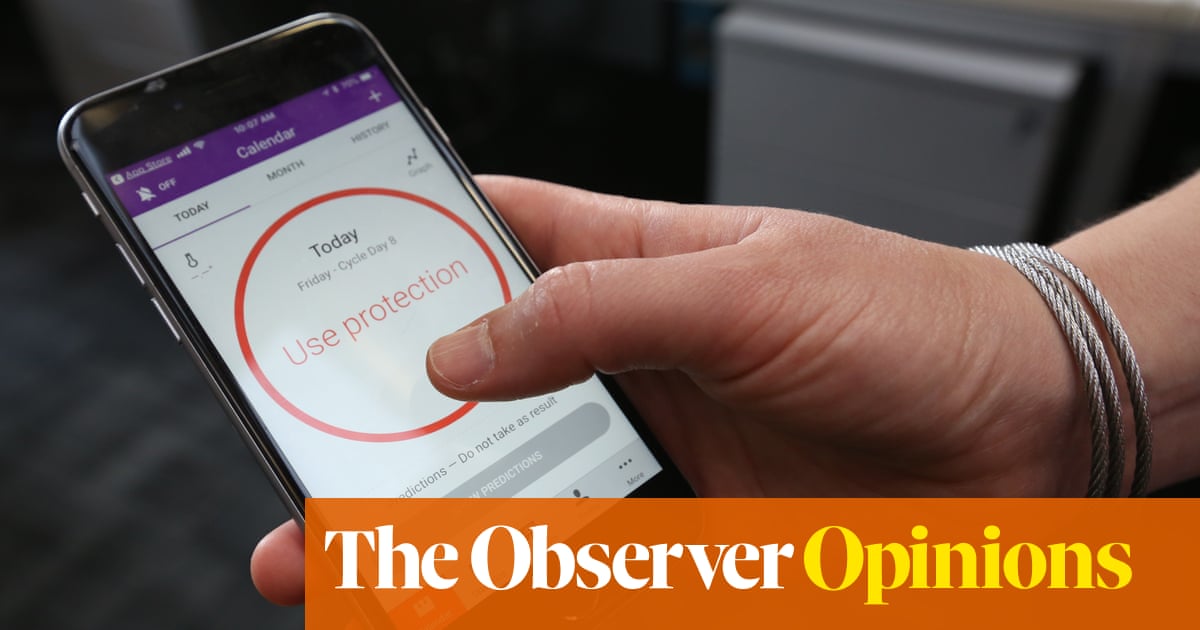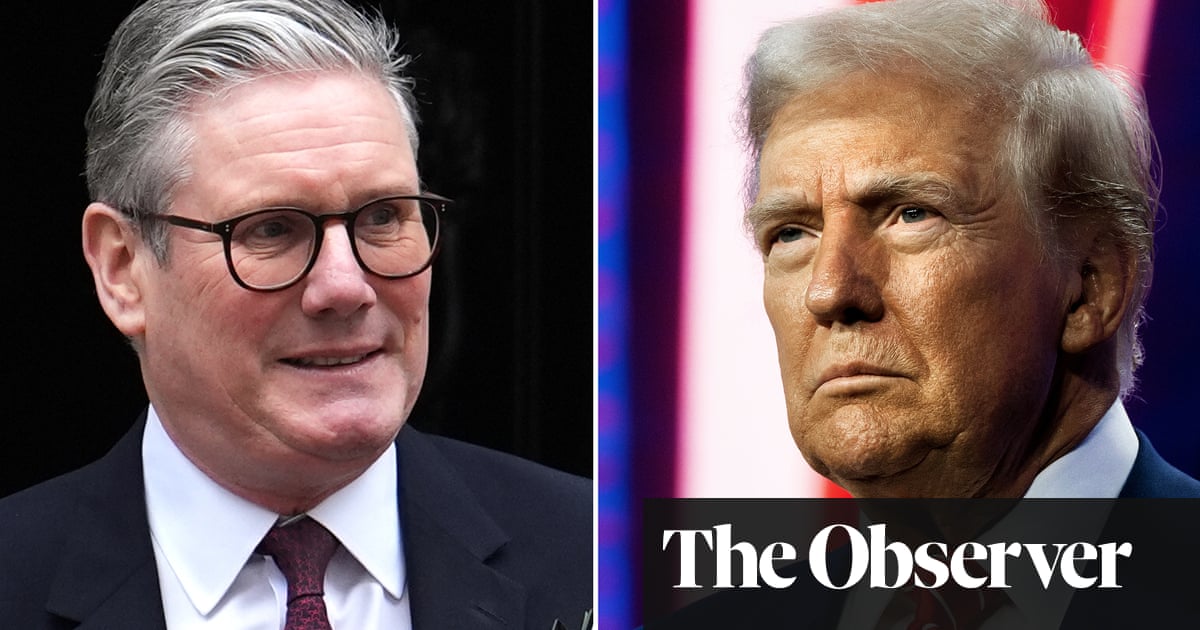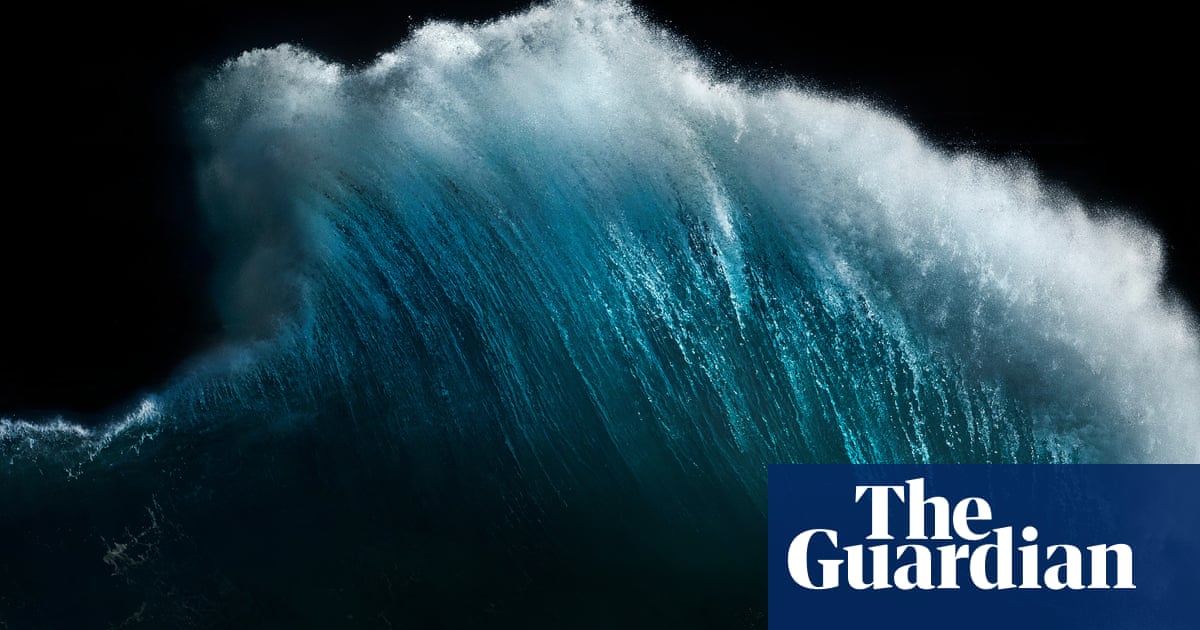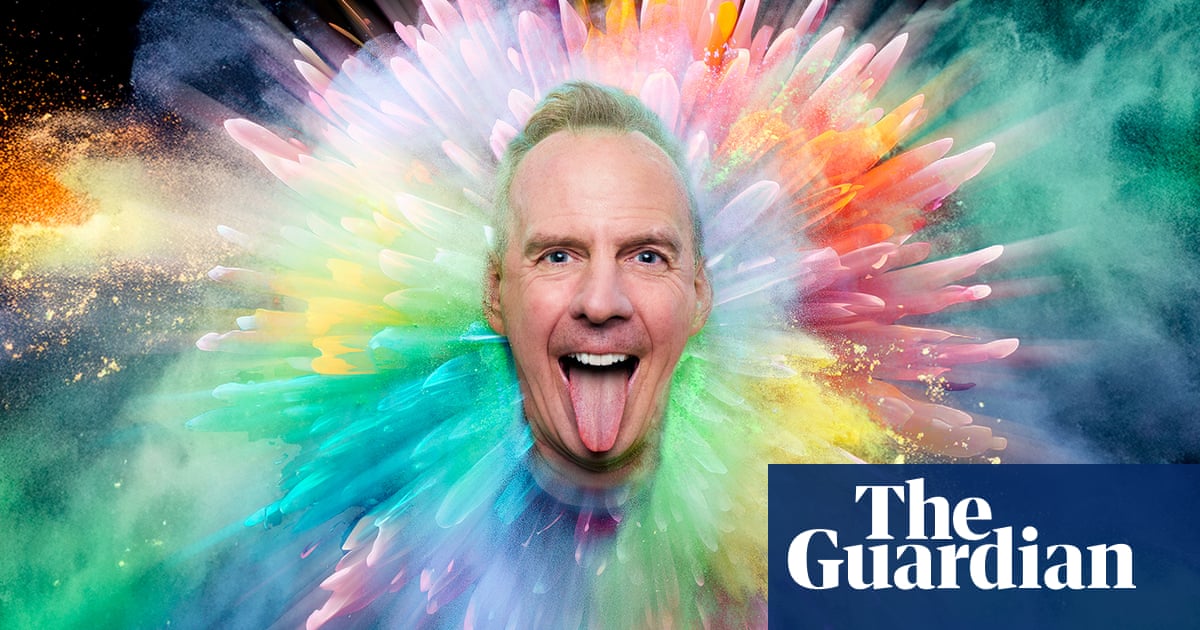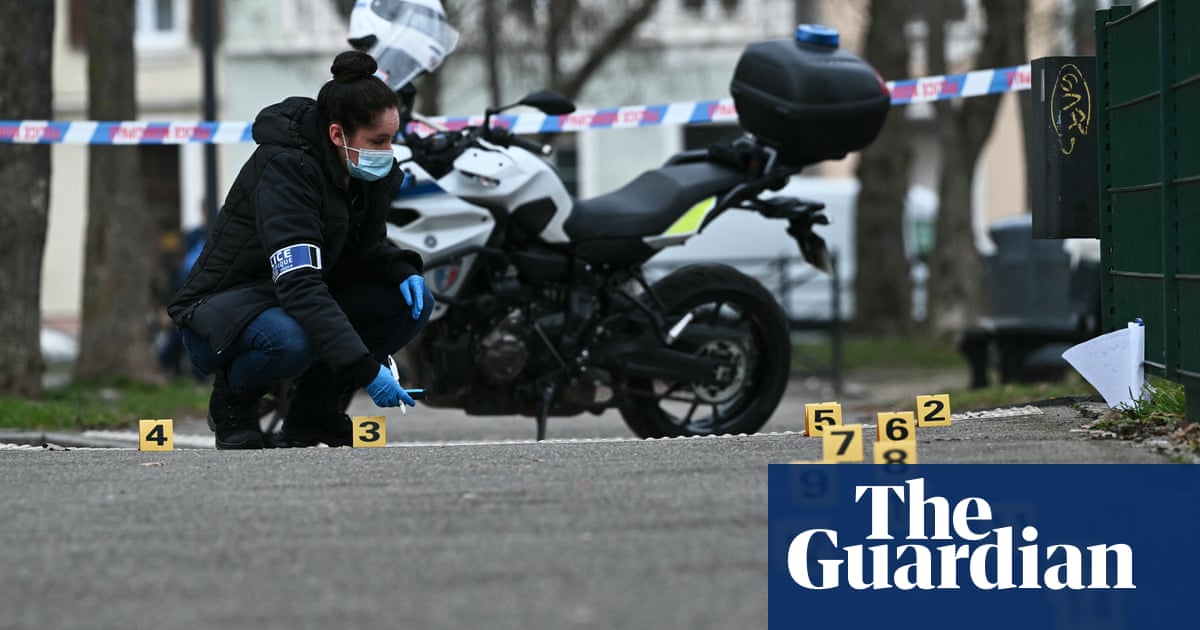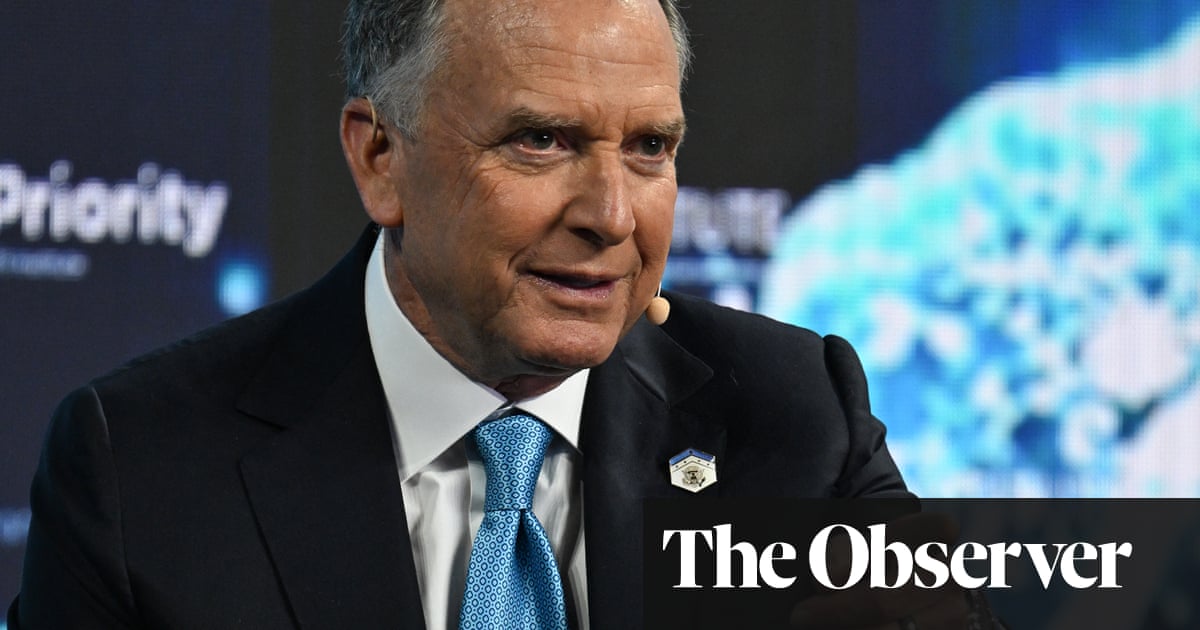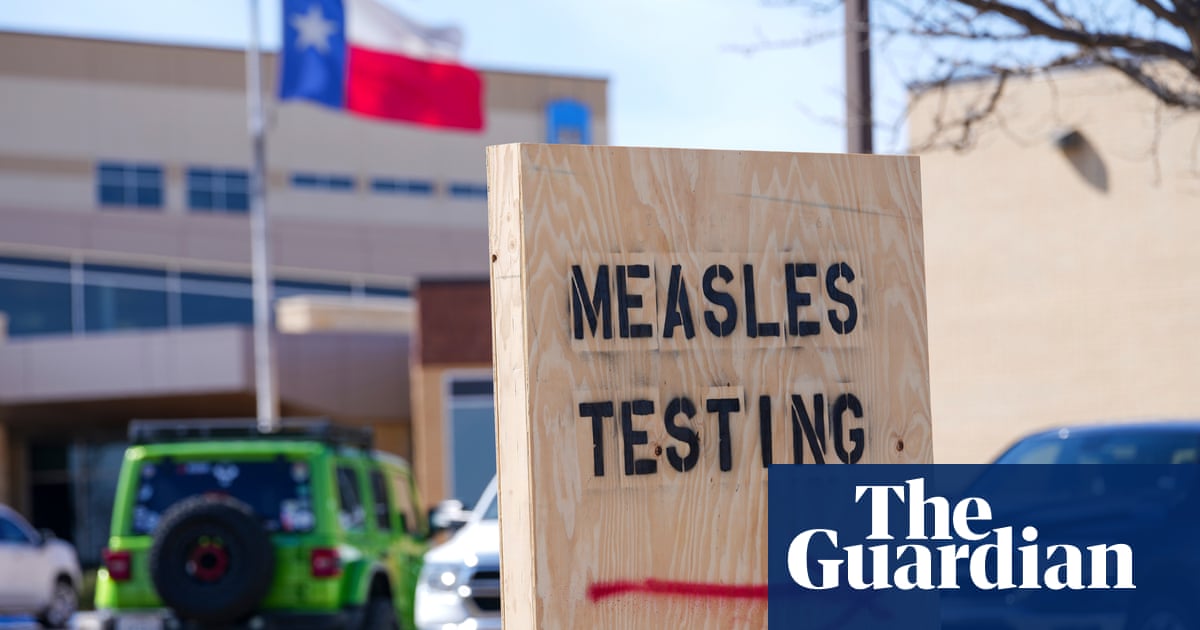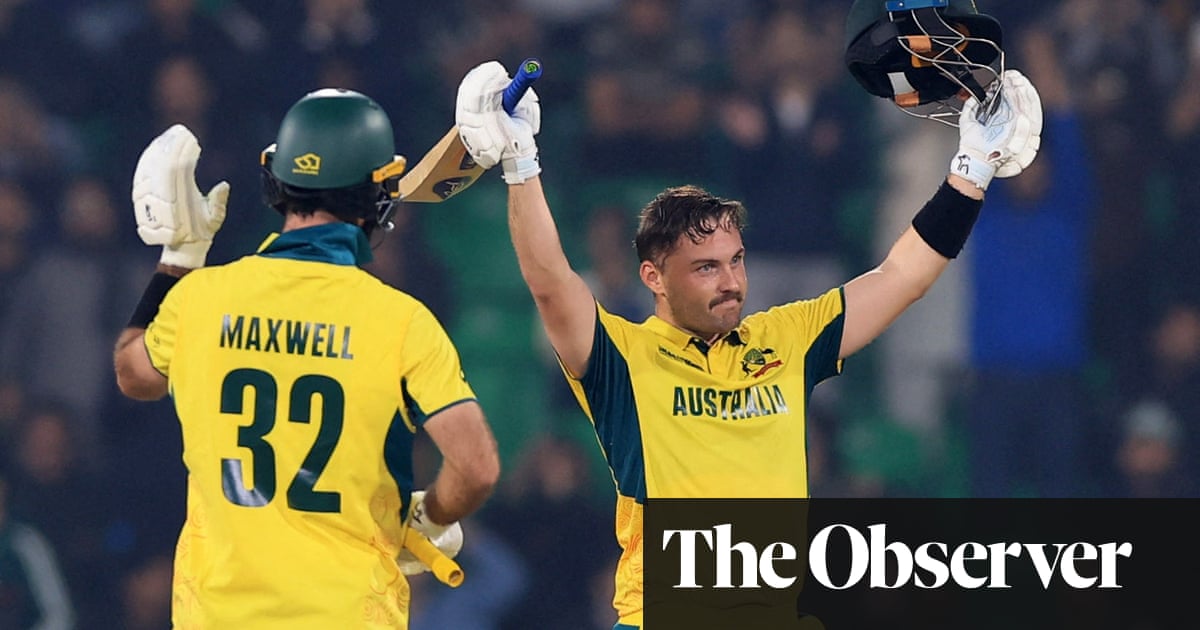Australia is locked in a standoff with Turkey over which will host vital UN climate talks in 2026, where the question of whether the world can limit global heating in line with scientific advice is likely to be decided.
Australia’s government wants to host the summit in partnership with Pacific nations, which are among the countries most threatened by climate breakdown.
Turkey is classed as a developing country under the UN system, and may gain the backing of several recent hosts in the same region.
The question could be decided behind closed doors at the Cop now reaching its final stages in Baku, Azerbaijan. The conference is scheduled to end on Friday but is likely to carry on into this weekend, as nations were still in disagreement on Thursday night about how to channel funds to developing countries.
Cop29 is supposed to produce a new global financial settlement on the climate, by which developed countries would ensure that poor countries have the money they need to cut their greenhouse gas emissions and adapt their infrastructure to cope with the impacts of extreme weather.
At least $1tn a year is likely to be needed for this effort by 2030. Not all of that, but a substantial slice, should come from the rich countries that have historically been most responsible for carbon emissions. But they have so far refused to put firm promises of cash on the table, arguing that big emerging economies such as China and petrostates such as Saudi Arabia should also pay into the funds.
Developed countries are likely to propose a target of about $300bn coming from their overseas aid budgets, representing a tripling of the $100bn a year pledge now in place, the Guardian understands, though others have suggested a lower figure of $200bn could be suggested.
The rest of the $1tn could then come from the private sector and a variety of other sources, including new forms of taxation on fossil fuels and high-carbon activities.
Poor countries have said this level of guaranteed funding – known in the talks as the “quantum” – from developed countries will not be enough. Evans Njewa, Malawi’s negotiator and chair of the Least Developed Countries grouping, told the Guardian the group wanted at least $900bn globally in guaranteed funding from public sources in the developed world, and most of this should be in the form of grants rather than loans.
At least $220bn of the total should be directed towards the world’s 45 least developed countries, he added.
“I’m sure developed countries understand the struggles we face,” he said. “No one wants to be a least developed country. Everybody would like to graduate out of this grouping.”
The host country, Azerbaijan, promised to produce new texts of a draft deal by the early hours of Thursday morning in the hope of clarifying the basic issues and generating much-needed progress in the stalled talks.
Australia is playing a key role at Cop29, taking on the role alongside Egypt of shepherding the new financial settlement through the complex negotiations and into a final deal. Chris Bowen, Australia’s climate change minister, gave a flavour of the difficulty of the talks. “I heard from developing countries a requirement of $1.3tn of finance mobilised,” he said. “But we heard different proposals for the split between the provided elements [grants] and the elements which would be mobilised [loans and private investment].”
He added: “We have heard three different proposals for the provided quantum, of $900bn, $600bn and $440bn. Others have mentioned a floor of $100bn.”
after newsletter promotion
Bowen is separately drumming up support for Australia’s bid to host Cop31. He said he was respectful of Turkey’s bid but “clarity would be good for everyone involved – us, Turkey and all the parties, particularly our Pacific colleagues, who are very excited about the opportunities.”
If successful, Turkey’s bid would mean the Cop staying in the middle Eastern/central Asian region for four out of five years: Cop27 in 2022 was in Egypt; Cop28 in 2023 was in the United Arab Emirates; Cop29 is in Azerbaijan and next year’s will be in Brazil.
Australia is understood to have the support of 23 out of 29 countries in a group made up mainly of western European nations among whom the 2026 summit will be held. But UN decision-making is a consensus process and Turkey has reasserted its bid in recent days.
Bowen said: “Of the 29 Cops, six have been held in the southern hemisphere, 23 in the northern hemisphere. It’s time.”
Turkish media reported that the president, Recep Tayyip Erdoğan, told the Australian prime minister, Anthony Albanese, during a side meeting during the G20 summit in Rio de Janeiro that his country would not withdraw its candidacy. Turkish officials have also been quoted saying it should be preferred in part because unlike Australia it was not a major fossil fuel exporter.
The Australian push has been largely supported by Pacific leaders. The president of Palau, Surangel Whipps Jr, told Cop29 he “very much hoped” the Australia-Pacific bid would be successful during the Baku summit. He urged “those involved in this decision to not deny the Pacific this rare opportunity to help host what is the most important international forum for our future”.

 3 months ago
59
3 months ago
59
